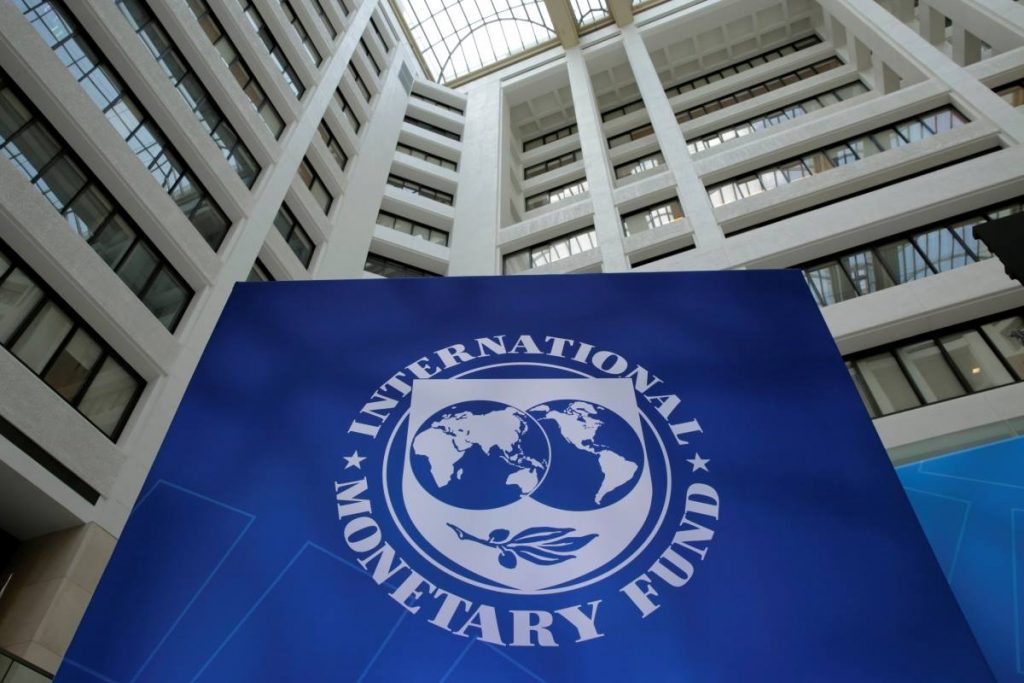IMF: Georgia weathered well multiple shocks, should continue to strengthen its resilience
An International Monetary Fund (IMF) mission led by Matthew Gaertner conducted discussions for the 2024 Article IV consultation with Georgia on March 6-18 in Tbilisi.
At the end of the visit, the mission issued a concluding statement, which summarizes its main conclusions and recommendations.
“Georgia has weathered well multiple shocks since the Covid-19 pandemic, supported by increased tourism, transit trade, and financial inflows linked to Russia’s war in Ukraine and swift policy responses. Going forward, the global environment is expected to remain highly uncertain due to ongoing conflicts and shifting geo-economic patterns.
Georgia should continue to strengthen its resilience to adverse shocks by maintaining prudent macroeconomic policies and boosting its growth potential by addressing long-standing structural challenges and capitalizing on new economic opportunities.
Priorities include reforming State-Owned Enterprises (SOEs) to limit their fiscal risks and enhance their efficiency; strengthening the independence of the National Bank of Georgia (NBG); and improving education, infrastructure, and governance to raise productivity and address entrenched high unemployment and economic disparities,” reads the concluding statement.
Based on the statement, economic growth remained above trend at 7.5 percent in 2023, driven largely by tourism, trade, construction, and financial services as well as continued strong investments.
Growth is expected to ease to 5.7 percent in 2024, with consumption playing a larger role supported by strong real wage growth and employment. In the medium term, growth is expected to converge to its potential rate of around 5 percent.
Inflation fell sharply during 2023 and closed the year at 0.4 percent, helped by a strong lari, lower commodity prices, and a tight monetary policy stance.

